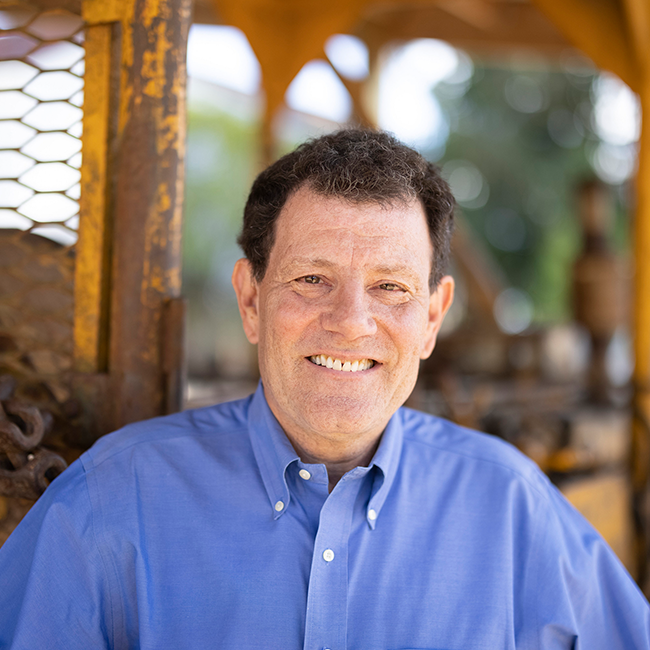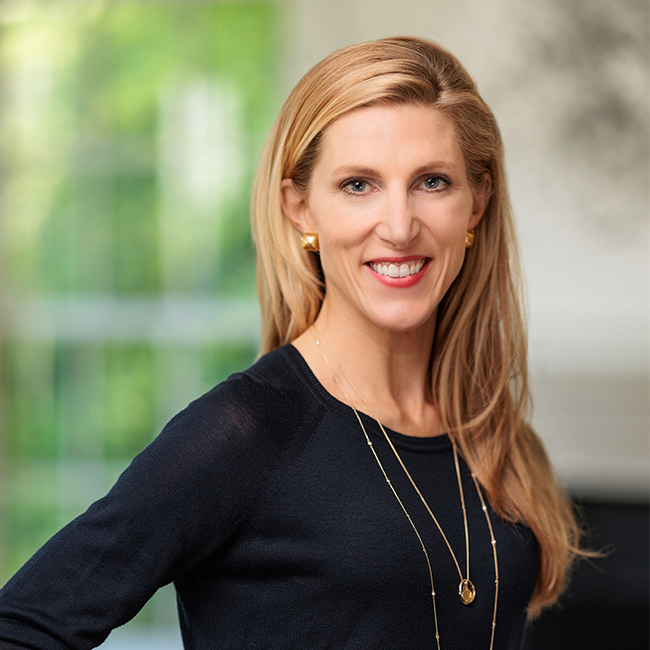
One of my most important lessons in life, one particularly useful at a time when America is so polarized and tempers are so high, came when my wife and I moved to China to be correspondents of The New York Times. We moved into the official Times residence, and we knew it was bugged because one of our Chinese friends worked part-time for Chinese State Security, translating conversations in our building.
A friend had pointed to a screened cubbyhole in the wall and told us, “That’s where the bugs are.” So I got a ladder, pried off the screen, and there was various electronic gadgetry inside. I was proud of my Chinese language skills, for I could read the Chinese characters on the main device. It read: Electronic Sound Carrying Device.
My wife and I were thrilled. We had just arrived in Beijing, and we had already found the bugs! We had nailed this post. We went into the bathroom, turned on the shower, and whispered to each other about what to do. We figured we had three options: We could leave the bugs in place, we could destroy them, or we could leave them in place but use them to pass disinformation to State Security.
Humility is essential while trying to decode the world.
As I wrote in my memoir, Chasing Hope, a friend arrived at the front door at precisely that moment of peak hubris for us, and we found out what an electronic sound-carrying device is in Chinese. It’s a doorbell buzzer.
We felt utterly deflated, but it was a very useful reminder that everything is always more complex than it seems and that any time you feel triumphant at having mastered the world, at having figured everything out—that’s when you should remember the human capacity for getting things wrong. The doorbell buzzer lesson was a reminder that humility is essential while trying to decode the world, and it has proved an important lesson as a journalist, as I bounce into countries and pronounce on them—but also as I pronounce on America.
The truth is that left and right have both made terrible mistakes even about the things they thought were truest. The left, for decades, was soft on communism, with many young Americans even admiring Chairman Mao as he presided over the deaths of tens of millions of Chinese. The right, for decades, championed states’ rights even as they were used to suppress democratic rights for Black Americans and even violent attacks on those who tried to vote. The left was soft on drugs from the 1960s on, and the right dragged out the Vietnam War and was wrong on both women’s rights and gay rights. The left was wrong about the Gulf War, and the right was wrong about the Iraq War. During COVID-19, conservatives made a mistake in discounting the severity of the virus, and liberals made a mistake in closing schools much longer than necessary.
Yet a reminder of the importance of humility does not mean we shouldn’t make moral judgments—perhaps now we need them more than ever. I live in this contradictory space, for as a newspaper columnist and TV commentator I regularly make tough, harsh judgments about policies from Gaza to Washington—yet I also know that I am regularly wrong.
How do I reconcile this contradiction?
First, I find perspective and refuge on our family farm, Kristof Farms, making fine wine and cider. It’s my own sandbox, and it soothes me and reminds me that the world is a big and mixed-up place. Plus, the complexity and balance of a good pinot noir underscore that life itself entails a parallel complexity and balance.
Second, in my columns I embrace the contradiction in this way: I unflinchingly speak up for what I perceive to be the right, pulling no punches—yet I also recognize in my heart that a few months from now, I may regard my position as wrong. This muddling combination perhaps reduces the tendency to shout people down or insult them. And that’s just as well, for shouting and insults rarely persuade anyone of anything and simply demean the national discourse.




